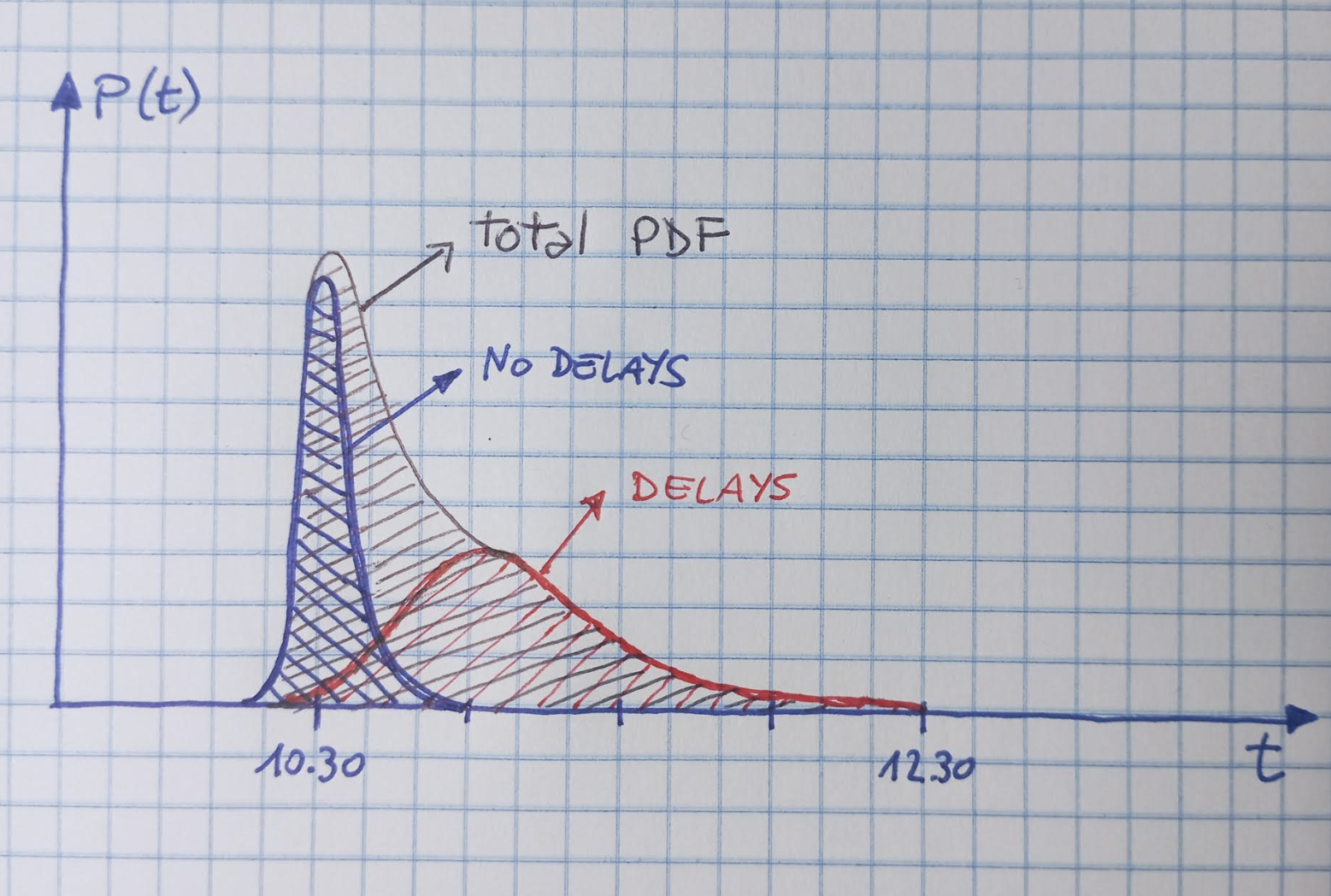One of the few physics measurements that the LHC experiments are already in the position of producing, with the week-worth of proton-proton collision data they have collected last December, is that of the Bose-Einstein intereference between identical bosons.
There are twenty-four elementary fermions in the standard model. Sure, they are arranged in a very tidy, symmetrical structure of three families of eight fermions (two leptons and six quarks), which is not too unpleasant to behold. And of course, if one is willing to forget the fact that the quantum-chromodynamical charge of quarks does make them different, then the picture is even tidier: 12 fermions, six of them quarks and six of them leptons, arranged in three families of four.
It has become a pleasant habit for me to visit Bassano del Grappa every February for a conference on particle physics aimed at high-school students. Thanks to the efforts and the skill of dr. Sergio Lucisano, the schools of Bassano organize every year several conferences on physics and cosmology. These conferences are connected with the european program of the Masterclasses, but they extend the scope considerably into the history of physics and other topics of interest for the students.
I remember very well the very first meeting of the Heavy Flavour Working Group in CDF that I attended in the summer of 1992. I was a summer student back then, and my understanding of spoken English was not perfect, so as a graduate student started discussing with his slides the results he was getting on the top quark mass reconstructed in simulated single-lepton top pair decays, I struggled to follow his talk -the physics was just as hard to follow as the English.
"In 1934, L.E.Kinsler at the California Institute of technology was studying the Zeeman effect as a means for evaluating the charge-to-mass ratio of the electron, e/m. The deduction of e/m from the measured wavelength differences involves, in addition to a high-precision measurement of the magnetic field, a knowledge of the way in which the individual electron spins and orbital angular momenta are coupled. However, there are certain quantities or combinations of quantities that are independent of the nature of the coupling.
 The Problem With Peer Review
The Problem With Peer Review Interna
Interna The Probability Density Function: A Known Unknown
The Probability Density Function: A Known Unknown Summer Lectures In AI
Summer Lectures In AI 



 came later. This name was suggested by Rapidis, who was then a graduate student and had worked with me in the early 1970s on the
came later. This name was suggested by Rapidis, who was then a graduate student and had worked with me in the early 1970s on the  problem. The letter
problem. The letter  for "third" -the third charged lepton".
for "third" -the third charged lepton".




